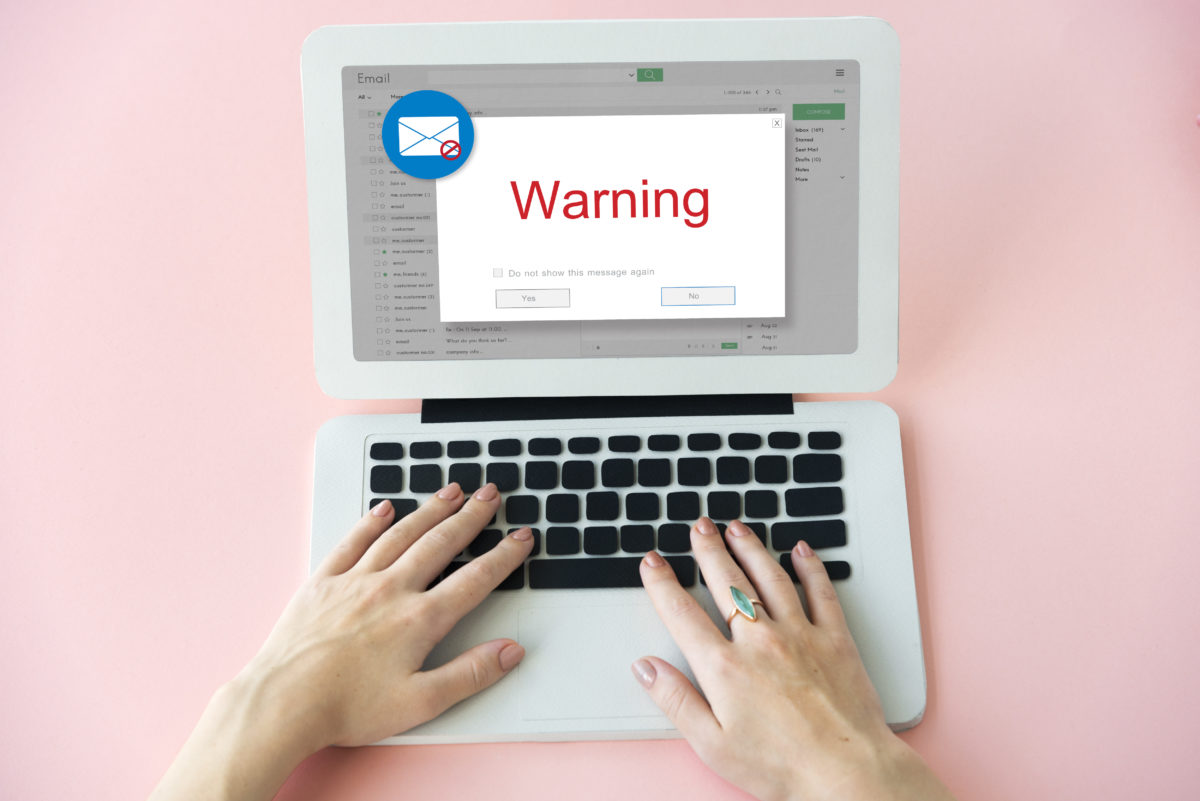On Friday, Sept. 8, a phishing email titled “Open Slots,” began popping up in Mt. SAC’s student portal posing as student work, promising a $400 weekly salary that lured students to comply with its steps to get hired.
These types of scams are not new to the campus, both targeting students and staff.
The dubious email affected a dozen students as they followed through with the steps, some ending up becoming victims of fraud. Students were instructed to text personal contact information to a number that was believed to be a math professor.
When information was collected, the scammers sent out a fake check with more steps to follow, this time requesting personal financial information.
Recipients of a suspicious email can flag it in their accounts, notifying the IT team to look into the source and remove the email.
Since campus police can only take reports, Sgt. Brain Owen of Campus Police and Safety suggested that those who had been financially affected reach out to law enforcement in the cities they live in.
“Mt. SAC will never email checks [to students] in this manner. Generally speaking, … if it’s too good to be true, it is,” said Owens
Professor Scott Guth, whose name was being used to scam students was bombarded with emails asking if the scam emails were him. Guth has been teaching for 34 years and has never experienced anything like this before.
Guth shared his concern for those students affected. “I have a job to do. I have blocks of time where I do that kind of work but most of my efforts during those time blocks have been delayed, trying to tell people it’s a scam,” Guth said.
Anyone can be a victim of fraud.
Owens said they would like to see some type of security training to help students identify phishing scams. “A lot of our students don’t have the life experience to recognize something like this,” said Owens.
The IT department has declined to comment. However, the IT department is continuing to monitor the situation and will inform students about similar incidences through a banner in the Mt. SAC student portal.
If you believe you are a victim of fraud, contact your local law enforcement agency. To report suspicious emails call the IT Help Desk at (909) 274-4357.



